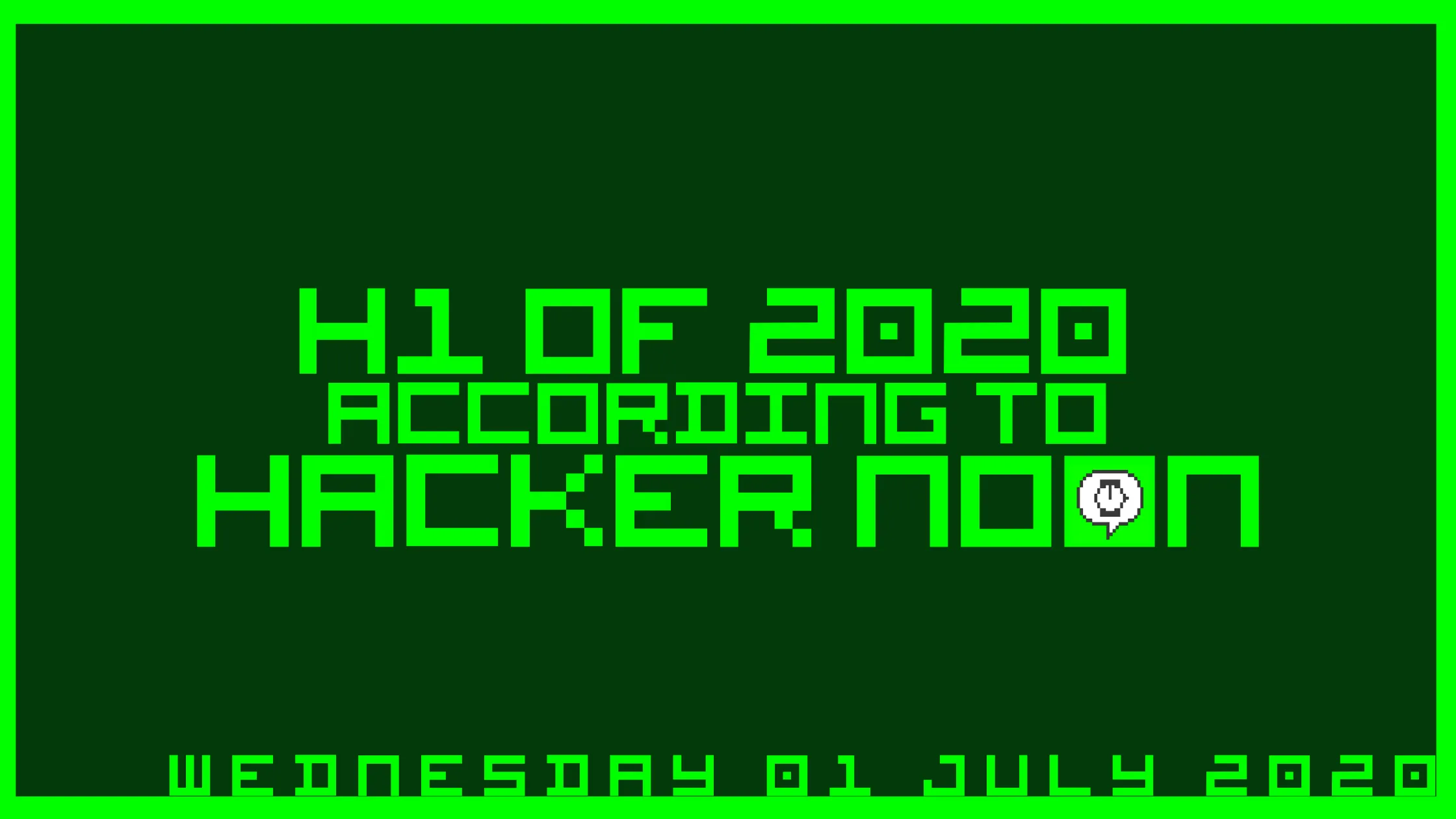749 reads
The First Half of 2020 — According to 35 Featured Hacker Noon Stories
by
July 1st, 2020
👋 I'm the VP of Growth Marketing here at Hacker Noon. I also make podcasts and write stories.
About Author
👋 I'm the VP of Growth Marketing here at Hacker Noon. I also make podcasts and write stories.
